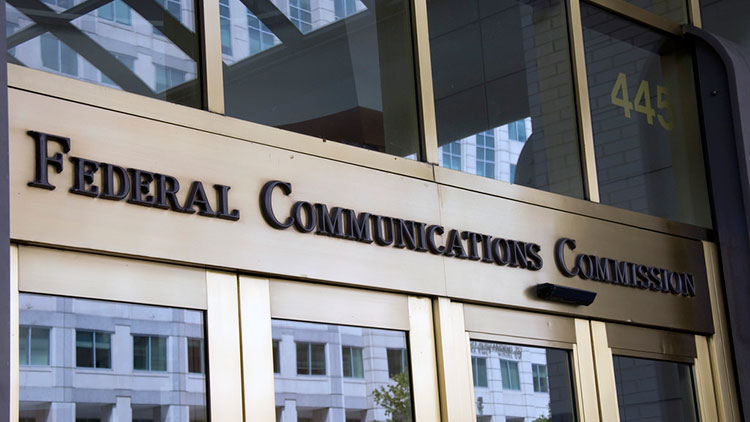ACA to FCC: Program Access Rules Definitely Still Needed

The smarter way to stay on top of broadcasting and cable industry. Sign up below
You are now subscribed
Your newsletter sign-up was successful
While some free market fans are telling the FCC program access and carriage regs should be on their way out, the American Cable Association and its smaller members see things quite differently.
That came in comments on the FCC's next video competition report.
For one thing, ACA argues that a Comcast contract policy is serving to limit its members' ability to offer competitive service, which has the effect of slowing broadband adoption, something the FCC wants to speed up.
ACA says that, "without a doubt," program access protections "administered by the FCC" are both necessary and important to protection competition and consumers.
ACA has long argued that being required to carry large bundles of programming prevents them from providing the kind of tailored channel packages consumers prefer, while saddling smaller operators with programming they don't want to pay for in order to get must-have programming like sports.
I points in its comments to the program assets of Comcast, the nation's largest provider, and the impending expiration of program-related conditions on its purchase of NBCU, as well as to the potential new block of must-have cable programming (HBO, TBS, TNT, CNN) in the hands of AT&T if the Time Warner merger is approved.
Rather than phase out program access rules, ACA says the FCC should finally give the National Cable Television Cooperative, which is a buying coop for smaller operators, the ability to file such complaints.
"At an absolute minimum, the Commission must continue to vigorously enforce program access rules to provide at least some minimum level of protection to competition between MVPDs," NCTA says.
ACA tells the FCC that minimum penetration requirements in some regional sports network (RSN) related Comcast programming contracts require MVPDs to "either raise the price of the broadcast basic tier to dampen demand for this service, or essentially cease to offer a true broadcast basic tier that does not include cable programming networks.16 Either outcome will obviously harm consumers."
ACA says that the policy effectively restricts Comcast competitors from offering bundled broadband and broadcast basic service, and thus "restricts their ability to compete with Comcast for broadband Internet customers."
ACA says it is afraid Comcast will expand the minimum penetration provisions to national nets when its NBCU program conditions expire.
“NBCUniversal negotiates in good faith with all of its partners with the goal of making programming available to as many viewers as possible on fair market terms that are consistent with what other programmers offer," said an NBCU spokesperson.
The smarter way to stay on top of broadcasting and cable industry. Sign up below
Contributing editor John Eggerton has been an editor and/or writer on media regulation, legislation and policy for over four decades, including covering the FCC, FTC, Congress, the major media trade associations, and the federal courts. In addition to Multichannel News and Broadcasting + Cable, his work has appeared in Radio World, TV Technology, TV Fax, This Week in Consumer Electronics, Variety and the Encyclopedia Britannica.

